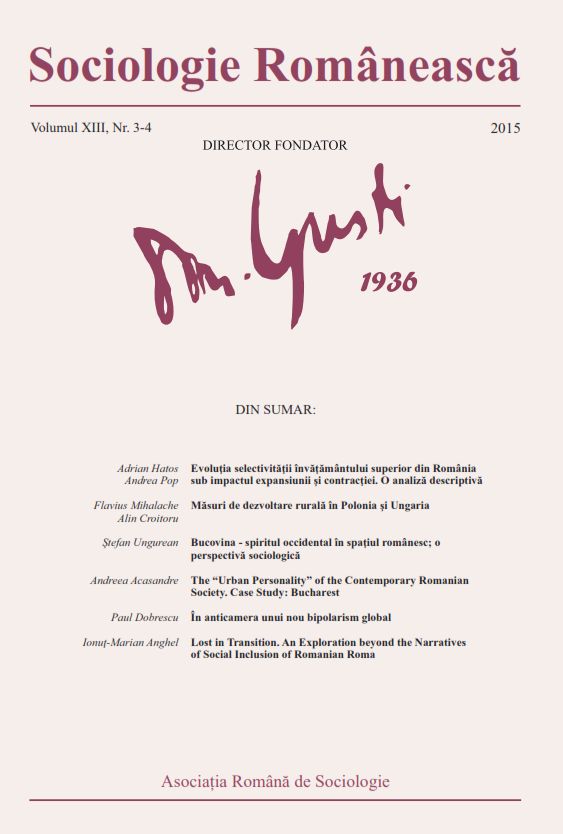Factors of Choosing Specializations in Higher Education Institutions of the Hungarian-Romanian Cross-Border Region
Factors of Choosing Specializations in Higher Education Institutions of the Hungarian-Romanian Cross-Border Region
Author(s): Krisztina BernáthSubject(s): Social Sciences
Published by: Editura Eikon
Keywords: specialization choice; Higher Education Institutions; Hungarian-Romanian CrossBorder Region
Summary/Abstract: The aim of the paper is to examine the decisions of students from the Hungarian Romanian Cross-Border Region to pursue higher education and to choose a career, correlated with the individual and social motivational context. Larger higher education institutions (HEIs) attract more likely students from intellectual families, with high socio-economic status, those who have more friends, speak several languages, have material values; continuing education and university choice are influenced by the mobility factor and by following a model. The factors that are relevant in the choice of specialization at smaller HEIs are: the number of spoken languages, a disadvantaged background and gender. Students who are females, who come from rural areas and who have post-material values tend to choose humanities as their specialization, while students with a high mobility factor and high education level of the father will more likely choose sciences. The results could be efficiently used in the development of higher education in the field of practice, policy and research or in career counselling. Also, they enrich the results of empirical research related to the recruitment mechanisms of cross-border higher education institutions and young students.
Journal: Sociologie Românească
- Issue Year: 14/2016
- Issue No: 02+03
- Page Range: 79-92
- Page Count: 14
- Language: English

